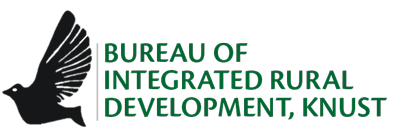Citizen engagement is promoted as a means of achieving a range of development and governance goals, including improving the performance of services and public infrastructure projects. Ghana has a high rate of uncompleted public projects that often leads to losses to the state. To test the extent to which citizen monitoring contributes to positive development outcomes in Ghana, this research is working with other staff from the Department of Land Economy and Construction Management to explore the extent to which trained community citizen monitors who have been monitoring infrastructure projects for nearly a year in 5 districts in Ghana have made any difference in shaping the quality and fixing of problems related to those infrastructural projects. The study districts are Tamale, West Gonja, Savelugu Yendi, and Tolon Districts. The aim of the research is to gather evidence on the extent to which citizen monitoring of projects—and associated investments— contribute to public savings and better value of money. The fieldwork component of this work is supported by Integrity Action and INTRAC in collaboration with SEND Ghana. Through a review of literature and insights from industry practice, the research study identified a number of promising methods for determining value and public savings. Those selected were: Earned Value Analysis (utilized when economic data on benefits and savings are accessible), Stories of Change (narrative perceptions of project value and efficiency), Regression Analysis (for estimating the influence of citizen monitoring on improved value and public savings) and Net Present Value (to ascertain the value of investments or projects). The research also identified five (5) ways in which citizen monitoring contributed to achieving better value for money: early detection of problems; identification and prevention of thefts; increased transparency and accountability; better project design and enhanced public participation and support.

